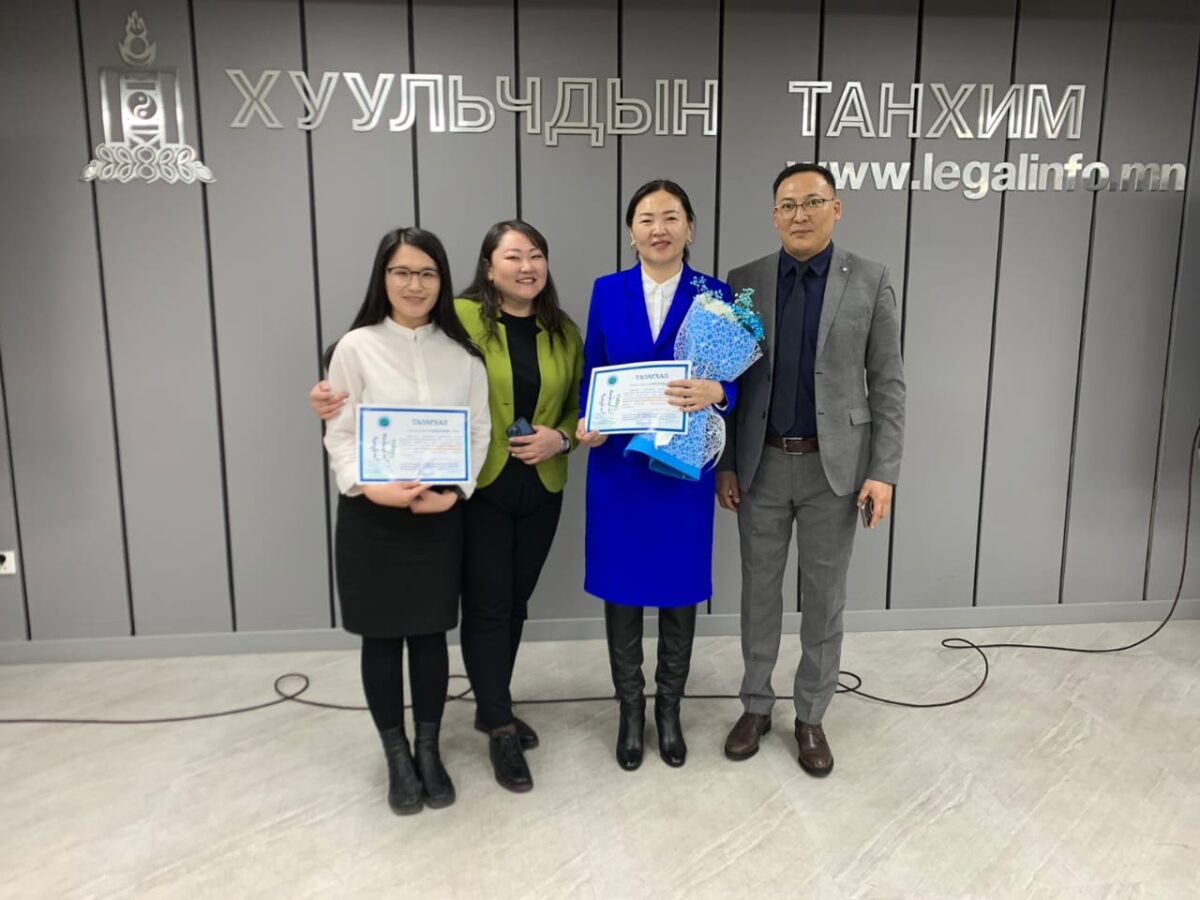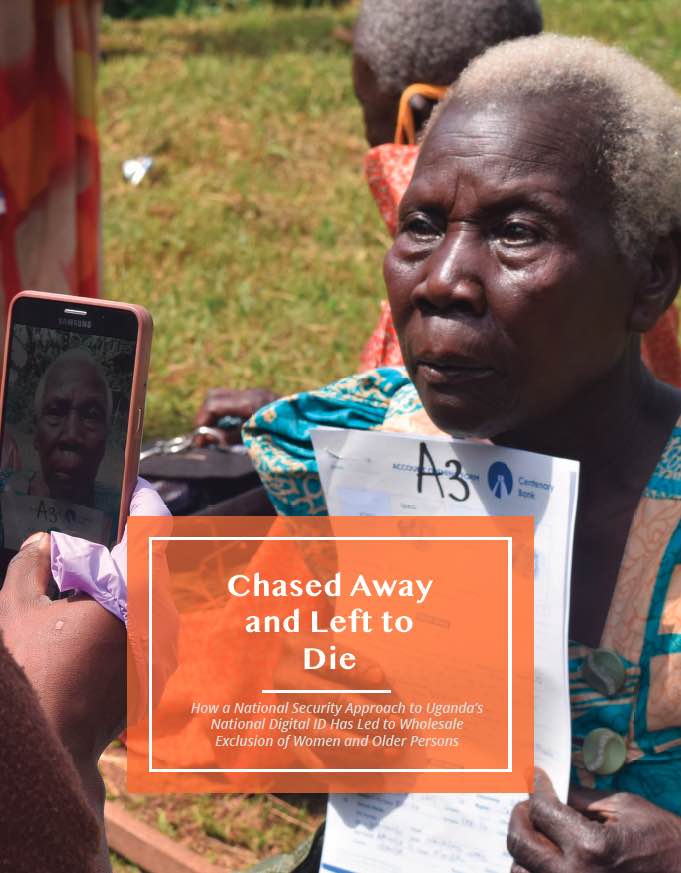HUMAN RIGHTS MOVEMENT
Fair Pay for Public Defenders: If Mongolia can do it, any country can
On the first day of 2023, Mongolia’s public defenders received a 300% pay raise. A new law took effect on January 1st that ties the compensation of publicly funded defense attorneys to their courtroom counterparts, prosecutors. Although Mongolia ranks among the world’s poorest countries, it has achieved something that many of the world’s wealthiest states have failed to: pay equity between public defenders and public prosecutors.
A central tenet of adversarial legal systems is that justice is best served when opposing sides are fairly matched. As the European Court of Human Rights put it, “[i]t is a fundamental aspect of the right to a fair trial that criminal proceedings…should be adversarial and that there should be equality of arms between the prosecution and defence.” Similarly, the Inter-American Court of Human Rights says that public defenders should be empowered to act “on equal terms with the prosecution.”
If the goal is a fair fight in the courtroom, it seems obvious that paying public defenders just a third of what prosecutors make would detract from that goal. Yet around the world, such pay disparities are commonplace, a phenomenon I saw firsthand as Global Policy Director for the International Legal Foundation, an NGO that builds public defender systems across the globe.
One reason for this disparity is that most domestic constitutions are silent on this issue. And even in the realm of international law, where the “equality of arms” principle is a well-established component of the bedrock international instrument on fair trial rights, courts have not interpreted this to require “material equality” between prosecution and defense. For example, this ICTR case found no fault with the fact that the prosecution’s team comprised 35 investigators deployed for several years, while the defense team had just two investigators paid to work for a few months.
Instead, equality of arms is mainly conceived of in procedural terms, such as this HRC case where the court’s failure to allow defense counsel to cross-examine the victim was found to violate the principle. As applied to resources, equality of arms requires only that the resources available to the accused are “adequate” to present a full defense (as the Caribbean Court of Justice points out in §33).
Absent promising legal grounds, the battle for pay parity must be fought in the political arena. But there are major challenges here, too, mainly that elected officials are not usually keen on funding services for people accused of heinous crimes. Public defenders around the world have had to embrace vigorous strategies to compel political action, such as labor strikes and joining forces with prosecutors.
So how did Mongolia do it? Dedicated advocacy by a committed public official.
Oyunchimeg Ayush (wearing blue in the photo to the right), then the head of the state agency responsible for public defense, had grown tired of trying to recruit and retain qualified attorneys on salaries 70-80% lower than prosecutors and judges. She saw the unequal pay not only as unfair but as inefficient: high turnover increased recruitment and training costs and yielded a less-experienced workforce.
So, she started making her case for equal pay. She met with legislators, justice system stakeholders, and cabinet ministers, where she found a key ally in Khishgeegiin Nyambaatar, the Minister of Justice and Home Affairs. She also reached out to the ILF to ask for research on pay parity and examples of other jurisdictions who had achieved it. We pointed her to Argentina, which passed a parity law in 2015, and to the American state of Connecticut, which has had a parity law for 30 years and has been recognized for excellence. This partnership between local and international actors echoes the ongoing debate among human rights scholars like Gráinne de Búrca, Margaret Keck, Kathryn Sikkink and others about how human rights reform is actually achieved. Eventually, Mongolia’s Parliament, known as the Great Khural, amended the legal aid law to require that public defender wage rates equal those received by prosecutors.
Mongolia’s achievement is all the more impressive in light of its economic constraints. The Mongolian government’s annual budget is roughly $6 billion. Juxtapose this with the American states of Florida and Oregon, whose failure to pass pay parity legislation in recent years was largely justified on budgetary grounds. Oregon’s annual budget? $67 billion. Florida’s? $101.5 billion.
Though Mongolia’s achievement is monumental, even these reforms do not amount to true equality of arms between public defenders and prosecutors. In recent years, many commentators have argued that individual pay parity—between defense and prosecution lawyers—is insufficient to ensure an equal playing field. Instead, they argue that what is needed is institutional parity. For example, the leading international instrument on good practices for public defender systems calls for “fair and proportional distribution of funds between prosecution and legal aid agencies,” and the American Bar Association says that parity should extend beyond salaries to include workloads, technology, facilities, investigators, support staff, legal research tools, and access to forensic services and experts.
The inclusion of defense investigators is particularly important. Prosecutors aren’t the only government agents that help prosecute a criminal case. Much of the work of collecting evidence and facilitating witness testimony is done by the police. But police investigations are often subtly (or not subtly) shaped by the prosecution’s theory of the case, and police agencies have historically been less than eager to turn over exculpatory evidence. For this reason, public defender performance standards generally mandate that defense attorneys conduct their own independent investigations. A truer apples-to-apples comparison for public defense agency budgets should not only include the prosecution agency, but also some portion of the police budget, too.
Mongolia’s revised law does not yet achieve parity on this institutional level, but individual parity is still a huge and significant step, one that is particularly remarkable in light of Mongolia’s economic constraints. Their achievement stands as an admonition to wealthier jurisdictions who claim that pay parity is too expensive.
Congratulations to the members of the Great Khural, for passing this law; Minister Nyambaatar, for championing it; Oyunchimeg Ayush, for catalyzing this effort; and, above all, to the Mongolian public defenders whose pay finally reflects their vital role in achieving justice.
May 19, 2023. Ben Polk, Bernstein Institute for Human Rights of NYU Law School.
This post reflects the opinions of the author and not necessarily the views of NYU, NYU Law or the Center for Human Rights and Global Justice.




